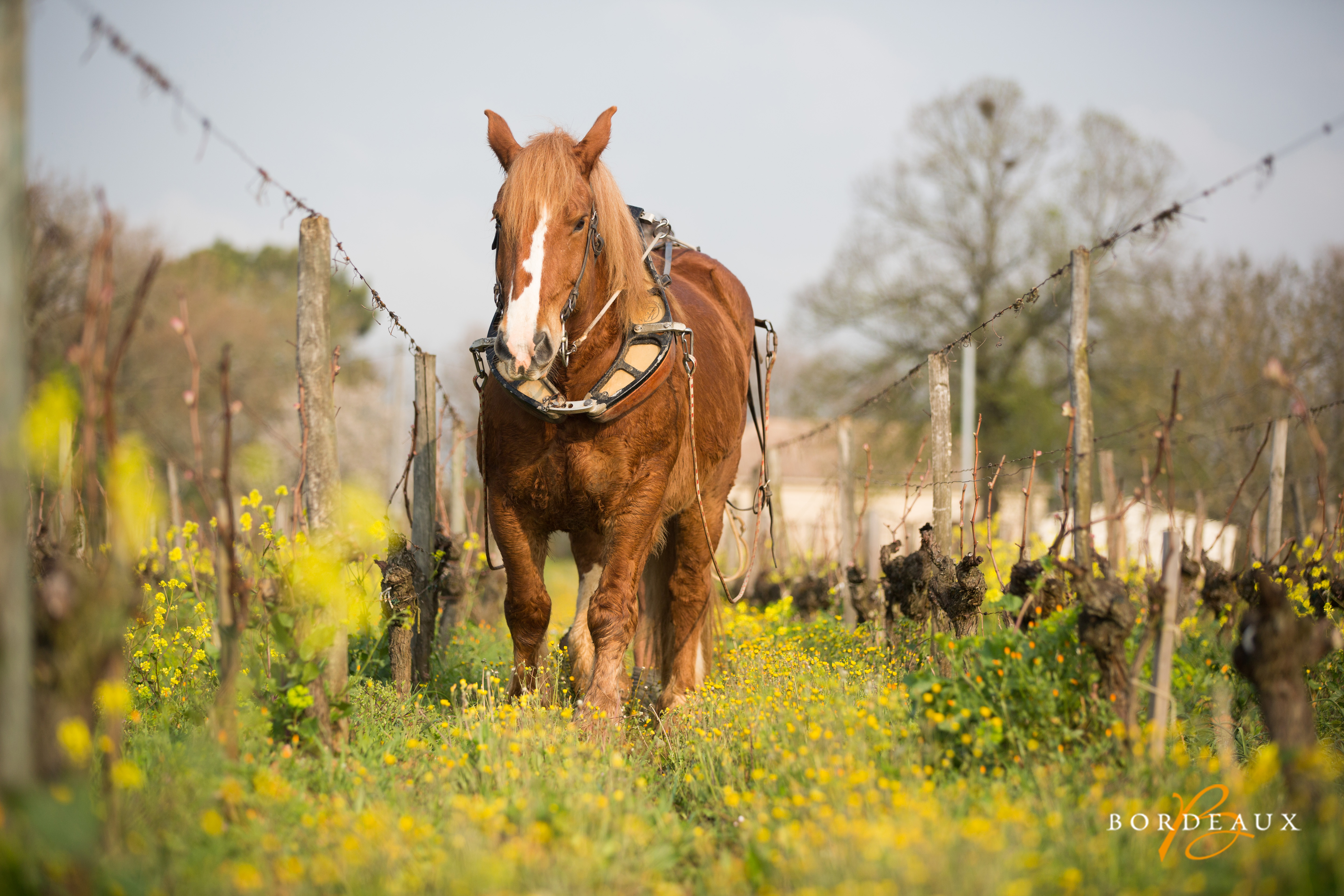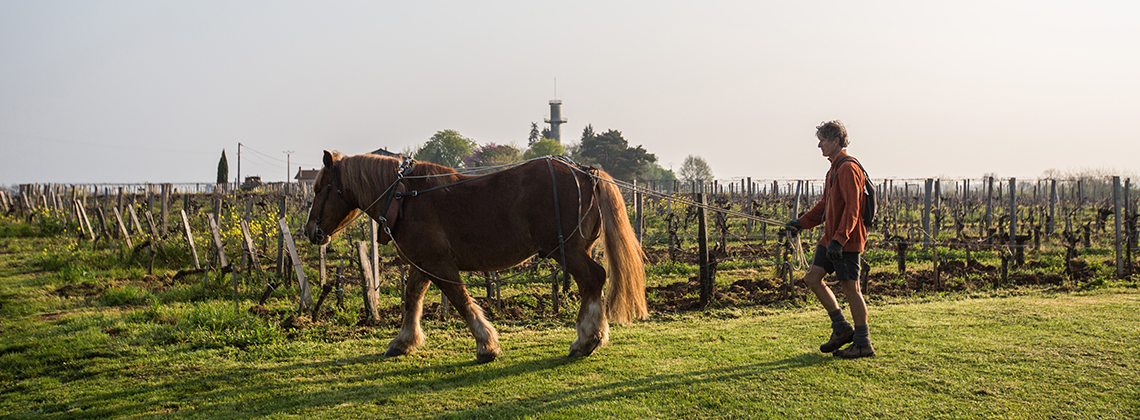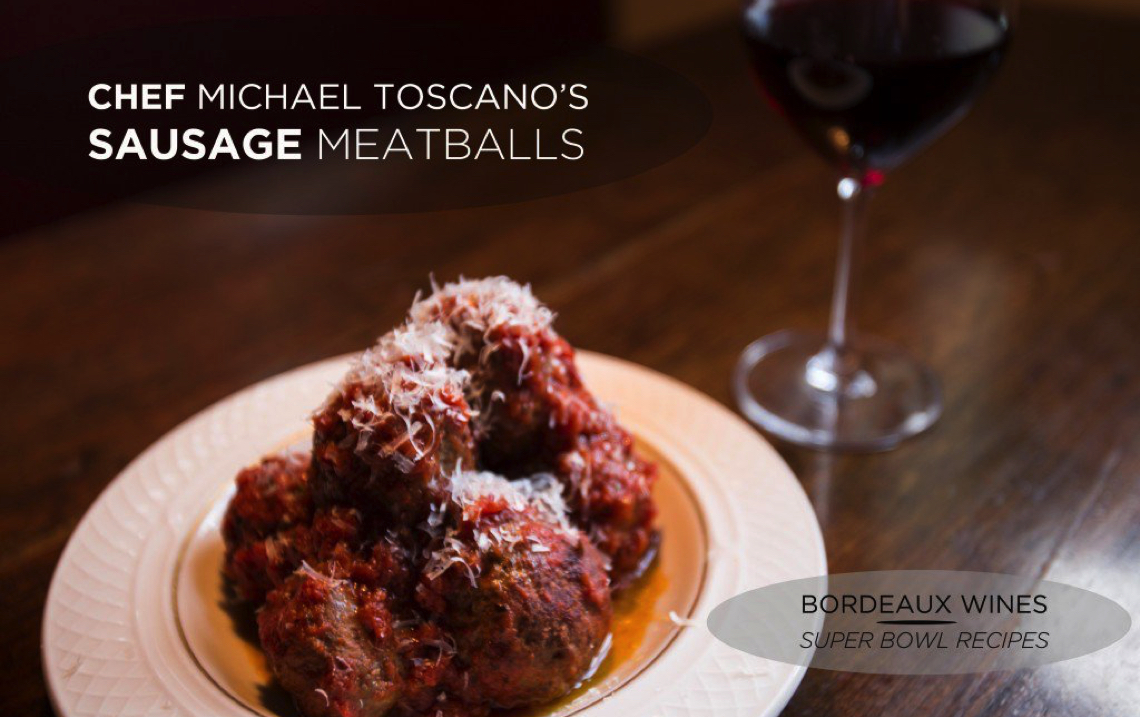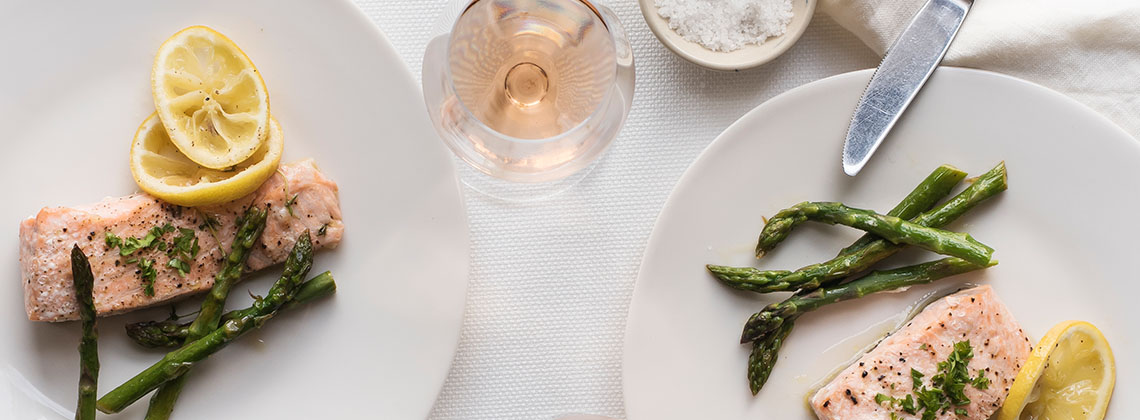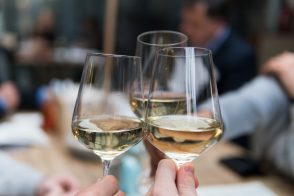Equine Decavaillonnage: A Biodynamic Revolution
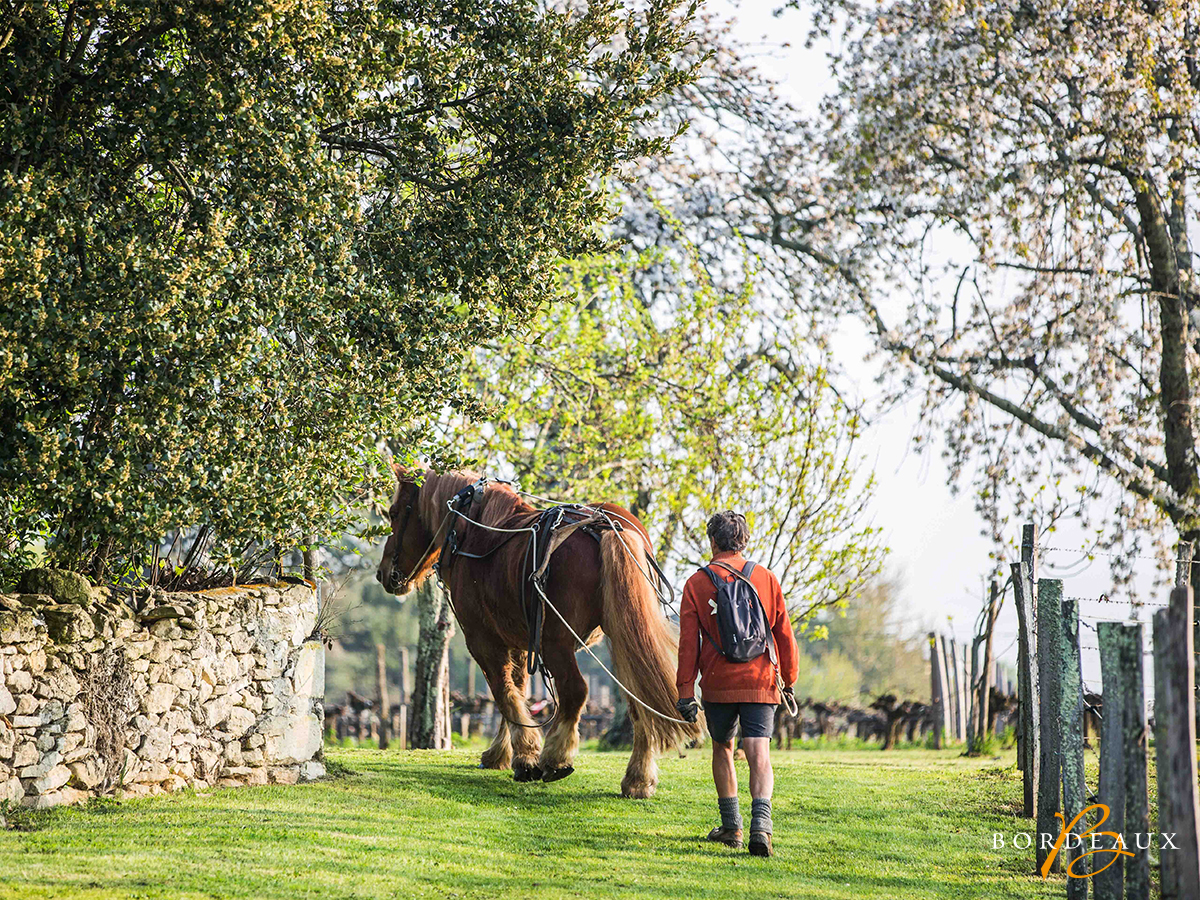
While tractors have for many years been the go-to machine of choice for all sorts of vineyard work (plowing, working the soil, adding fertilizers, etc.) their overuse (especially heavy ones) up and down the vine rows can cause soil compaction, kill off beneficial fungi and insects, and reduce air and water movement in the soil.
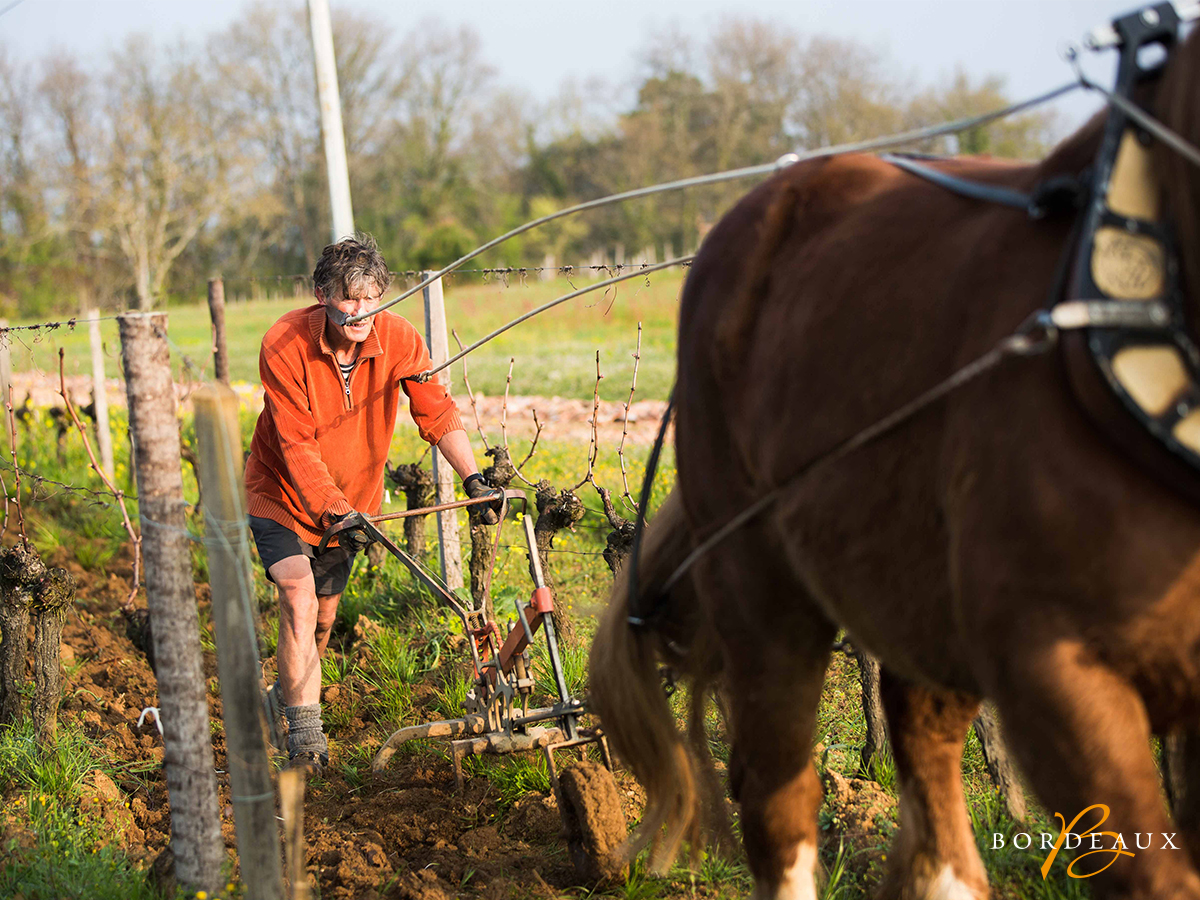
For an increasing number of Bordeaux winegrowers, horses provide a natural means to prevent possible soil degradation. Decavaillonage or inter-vine plowing can more gently and easily be done using horses; horses tread softly through the rows of vines, gently loosening the soil in a more delicate, beneficial fashion.
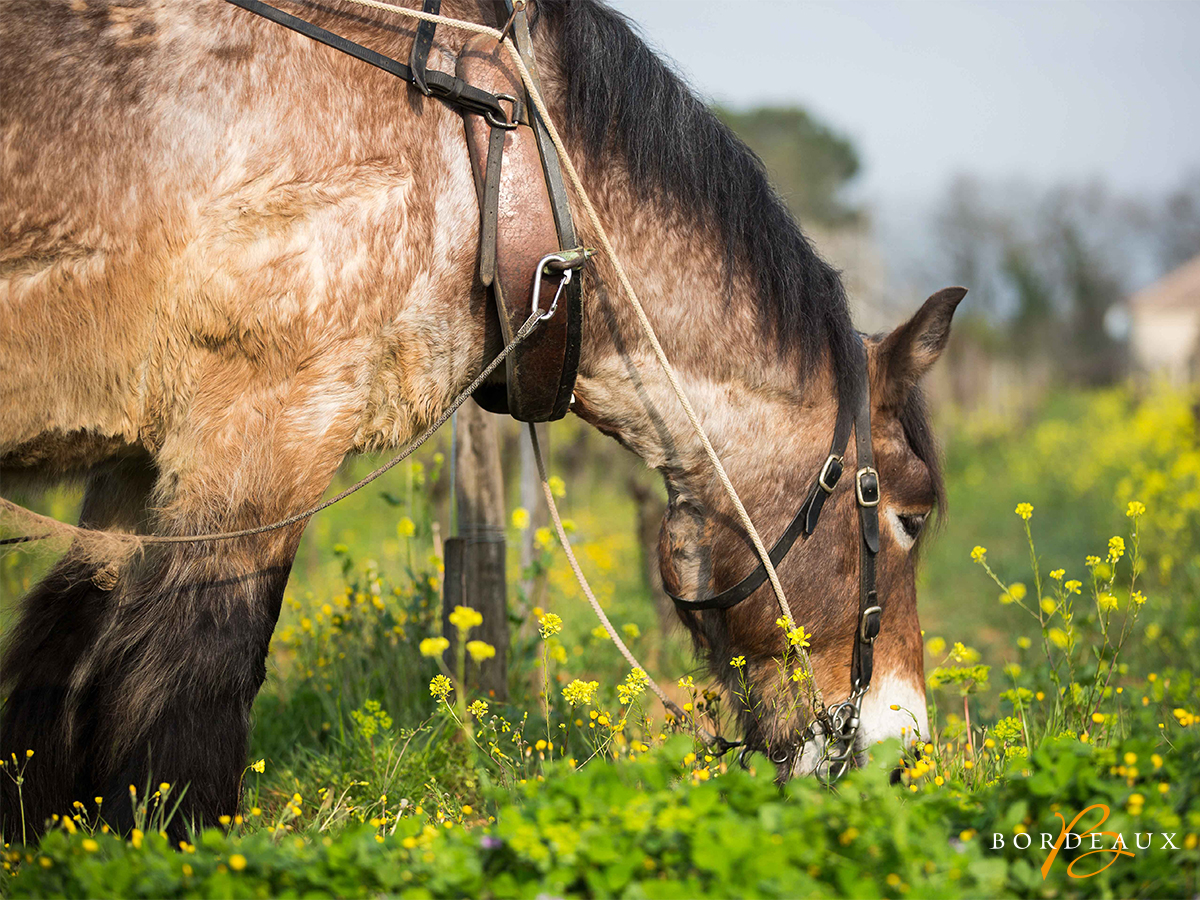
Horses naturally fertilize the vineyard soil as well, thereby reducing the need for another tractor trip through the vineyard. Dappled sunlight, and vine foliage that is not too heavy, are essential for photosynthesis and grape ripening; because horses naturally nibble at the vine canopy they also eliminate the need to send leaf-trimming machines up and down the vine rows. Of course, horses also take care of unwanted weeds. As a result, many Bordeaux wine estates now keep multiple horses “on staff”.
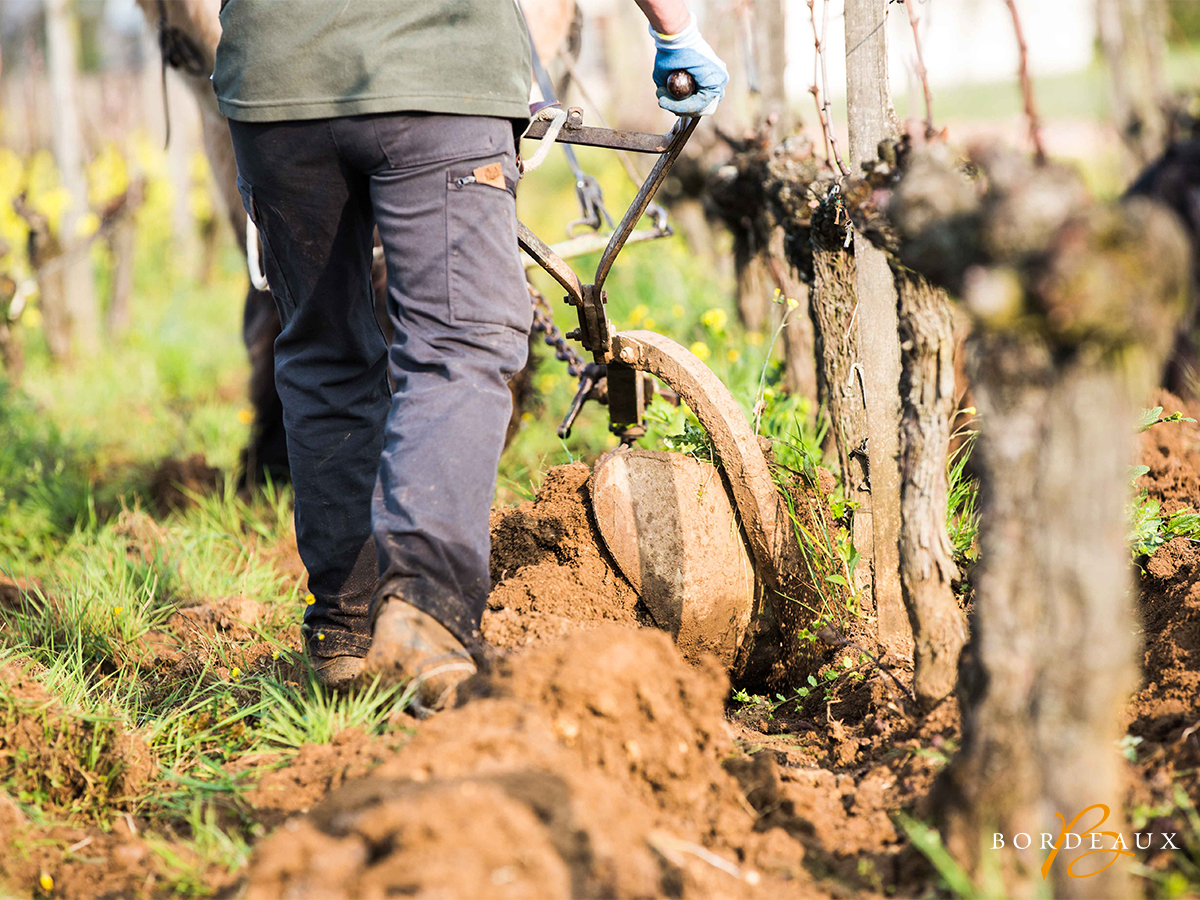
Climate change is another challenge faced by Bordeaux winegrowers. Collective research is underway and numerous measures are being taken to both adapt to the reality of climate change as well as to lessen its impact, such as through the choice of rootstock, plant food supply or even grape varieties. In parallel, the Bordeaux wine industry is working to reduce its carbon footprint and aims to have decreased greenhouse gas emissions by 20% before 2020.
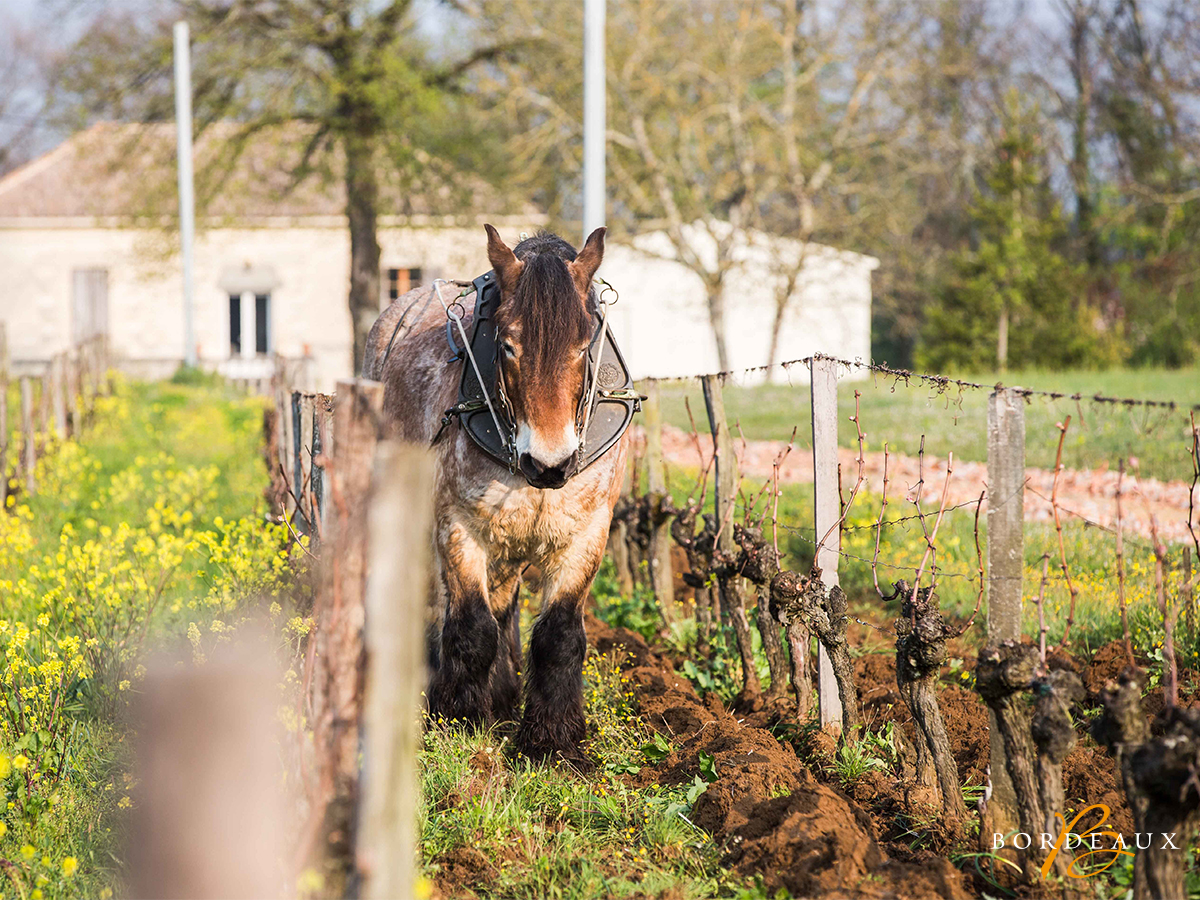
Finally, through its collective and collaborative “Environmental Management System” (EMS, a.k.a. teamwork), the Bordeaux wine industry is adopting measures to protect the environment as well as the health and safety of wine industry personnel and nearby residents. To cite a few examples, participating estates sort and classify their waste, are encouraged to call upon local suppliers and strive to reduce the spraying of products used to fight against vine diseases.
Truly, the Bordeaux region is in the midst of a green revolution, a factor that contributes to making your Bordeaux wines so special…
